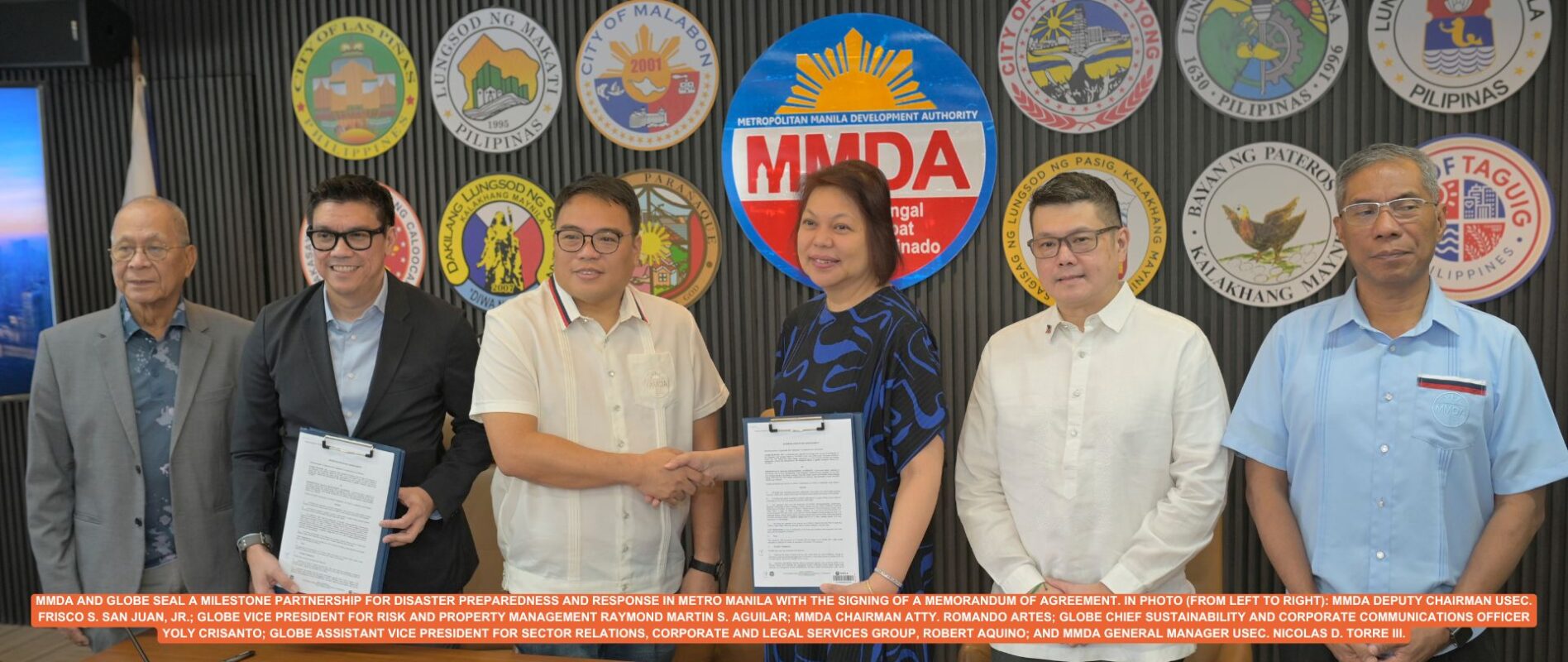PUP RESEARCHERS DISCOVER NEW POTATO-DAMAGING FUNGUS IN PH
A RESEARCH team at the Polytechnic University of the Philippines has confirmed, for the first time, the presence of the plant pathogen Geotrichum candidum in locally grown potatoes—an early warning that could help protect the country’s potato industry from potential losses.
The breakthrough was made under the Department of Science and Technology’s Balik Scientist Program, which brought home Dr. Christian Joseph Cumagun, a postdoctoral researcher from the University of Idaho, to mentor PUP scientists in advanced plant pathology techniques.
During a hands-on training session led by Cumagun and College of Science Dean Dr. Lourdes Alvarez, researcher Jomar John Isidoro successfully isolated the fungus from potato samples, with teammate Jomarie S. Adea helping to characterize it.
Their findings were presented at the 57th Philippine Phytopathological Society Annual Scientific Conference, drawing keen interest from the country’s plant disease experts.
Geotrichum candidum, known abroad for causing potato “rubbery rot,” had never been officially recorded in the Philippines until now. Its early detection will allow scientists and farmers to craft targeted control strategies before the disease spreads.
“This discovery is a big step for local agricultural research,” Isidoro said, adding that the guidance of Dr. Cumagun gave their team both the skills and confidence to tackle emerging plant health challenges.
PUP emphasized that the study aligns with its drive to advance research supporting the UN Sustainable Development Goals, particularly Zero Hunger, by safeguarding food security through science-driven solutions.













